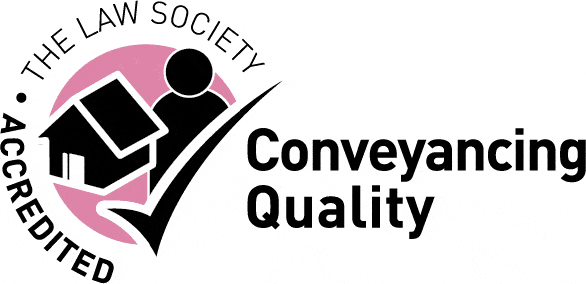Jointly Owning A Property
 Joint ownership takes place when two people decide to purchase a property together. The most common situation is when married or unmarried couples buy a home together, but joint ownership may also be when friends or family members choose to jointly purchase a property.
Joint ownership takes place when two people decide to purchase a property together. The most common situation is when married or unmarried couples buy a home together, but joint ownership may also be when friends or family members choose to jointly purchase a property.
A Joint Tenancy is where a property is held without any shares being allocated to a person. This means that if one of the tenants’ passes away then the other tenant would be entitled to the property. In short, this is property that cannot be passed down in a will. In the situation when both joint tenants die at the same time – for example in a car accident – the ownership of the property passes on to the youngest person’s relatives. This is because the law assumes that the older of the joint tenants is likely to die first, whereby the younger co-owner would inherit their share. If then the youngest of the joint tenants also dies, this share is then passed on to the youngest person’s relatives, either under their will or, if none, under the rules of survivorship. Obviously, this can cause a problem because the family of the oldest person could end up inheriting nothing, even though they might have put in the majority of the purchase price. When it comes to selling the property, If both parties agree, the sale of the property should be quite straight-forward. It’s more complicated, however, if one person wants to sell against the wishes of the other. If only one of you wants to sell then they cannot do so without applying to the court to force the sale against the wishes of the co-owner.
A Tenancy in Common is where a property is held in shares. This is automatically considered to be equal unless the owners state otherwise. If the shares are uneven then you will require a Deed of Trust. If the property is sold, the sale proceeds can be either split equally or unequally. On the death of one of the owners, the share owned by that person does not automatically pass to the other owner, it passes according to the deceased person’s will or if there is no will then it passes to their nearest surviving relative under the rules of “survivorship”. This might be the other tenant if they are married/in a civil partnership. It is easier to sell when you own the property as tenants in common because the property is held on what is known as a “Trust of Sale” which means that when one of the parties decides to sell, then the property needs to be sold. The proceeds of the sale are split equally between the parties (unless a Trust Deed is in place). A Deed of Trust can be used to spell out a mechanism for one party buying the other one out. So if one wants to sell, then rather than putting the property automatically on the open market, they agree to offer it to the other party first.
Deeds of Trust
A Deed of Trust is typically taken out by couples, but it can also be used by family members or friends who are investing in a property together. You’re less likely to need a Deed of Trust if you are buying your property 50/50 with your partner, as the final sale value of the property would just be split evenly again after any legal costs have been taken out. But when you have both put in different amounts of money into an investment, a Deed of Trust ensures each party gets their fair share back. This can prove incredibly useful in the unfortunate event of a messy breakup or dispute.
A Deed of Trust is a document which sets out the shares of a property that people own if the shares are not equal. This document is only required for a property held as a Tenancy in Common. You would advise the shares the property is held in or alternatively the amount you receive on the sale of a property before diving the proceeds equally.

Importance of a Will
While the Declaration of Trust says what happens to a property when you’re selling it during your lifetime (see below), a will specifies what happens when one or both of you die. This is especially important when your co-owner is not your next of kin, i.e. your spouse. If you want your property to pass onto your joint owner in the event of your death, then you have to leave it to them in a will. Otherwise, they will find themselves owning the property with whoever your next of kin is.
Harrison’s Solicitors
We recommend you hire a conveyancing solicitor to create your Deed of Trust, as this way it is legally binding. When you create your own Deed of Trust, writing it out yourself and getting someone else to sign as a witness, you might find it includes mistakes or is not recognised in a court of law. The small expense of getting an official Deed of Trust from a solicitor is nothing when compared with the huge investment of a property, and it is well worth getting it done properly to protect such a large asset in the future. The team at Harrison’s Solicitors in Reading, Caversham and Woodley have a wealth of knowledge when it comes to preparing Declarations of Trust. Contact one of our local offices today for more information.
| Reading officeHarrison’s Solicitors 7 Castle Street Reading RG1 7SBTel: 0118 321 2979 Email: reading@harrisonssolicitors.com |
Caversham officeHarrison’s Solicitors 1 Prospect Street Caversham RG4 8JBTel: 0118 321 9651 Email: caversham@harrisonssolicitors.com |
Woodley officeHarrison’s Solicitors 72 Headley Road Woodley RG5 4JETel: 0118 321 9773 Email: woodley@harrisonssolicitors.com |

